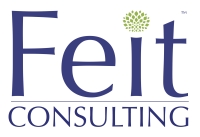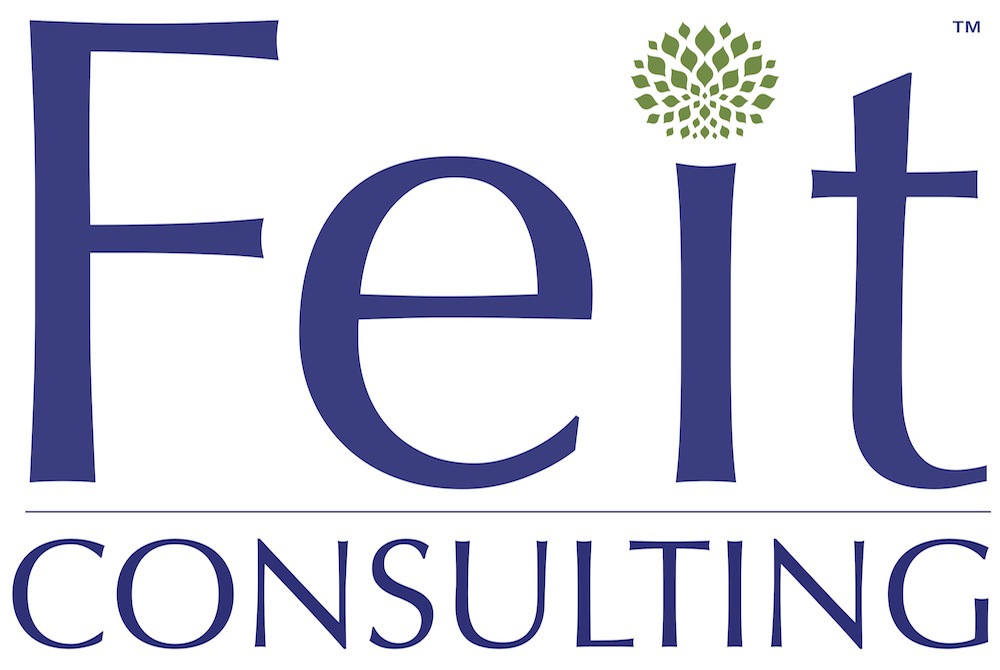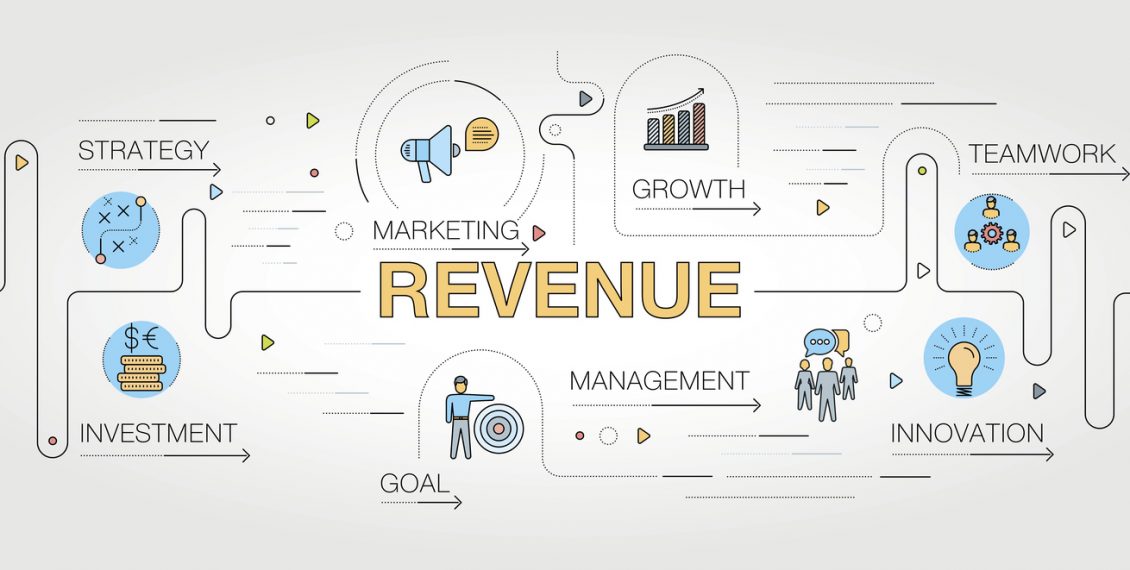
Preparing for Next Year
By Michael Feit | Best Practices
For most, your budgets are finalized and you are in the midst of wrapping up 2017. The end of year is an excellent time to reflect on what went well and what could be improved upon. When work and life are busy, it can seem difficult to make time for reflection. Taking time to reflect is similar to taking a break from work. There is a point of diminishing return.
A team of researchers comprised of experts from Harvard Business School, HEC Paris, and the University of North Carolina Kenan-Flagler Business School found that taking time to reflect can improve job performance. In one of their studies, individuals who took time to share and/or reflect on their learnings increased their performance by 22% than those who did not take time to reflect/shared. (Source: https://hbswk.hbs.edu/item/
The take-away – take time this December to reflect on your year. Go grab a coffee with your pen and a piece of printer paper. Write down your reflections on the following:
- What are the accomplishments for the Library/Team/Department this past year?
- What did I do well this year to enhance/improve workflow?
- What did I do well this year to enhance/improve work culture?
- What can I do differently next year to improve workflow?
- What can I do differently next year to improve work culture?
Yes, workflow is important to getting things done. However, if you have a great place to work, it makes getting the job done easier. If you have ever thought “I don’t have time for reflection”, consider the data. Taking time to reflect can help you perform better.






